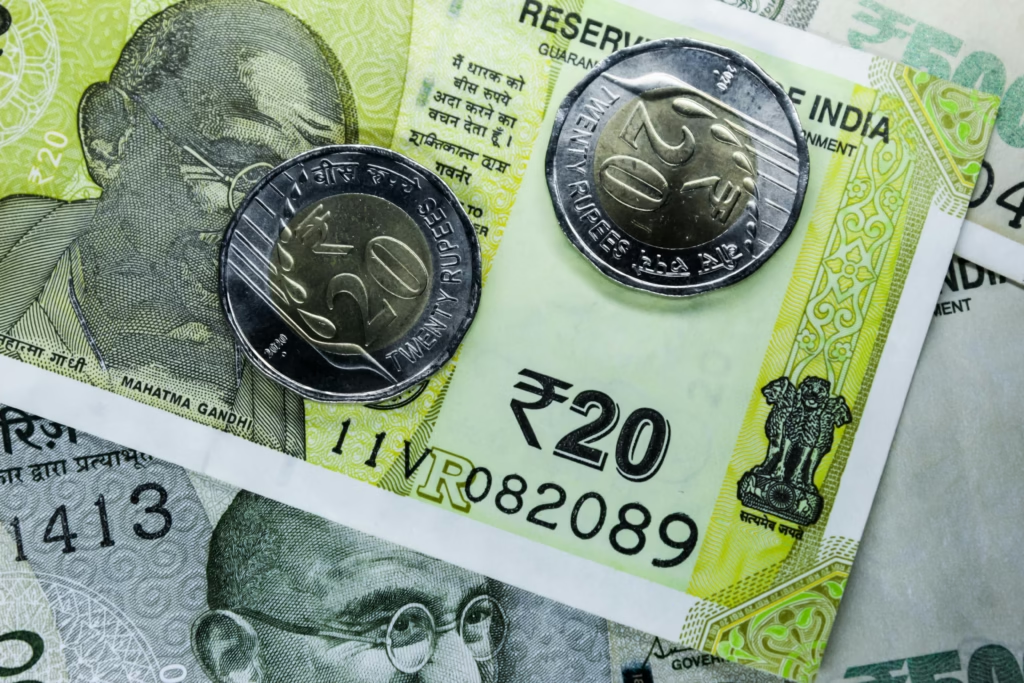On March 18, the Supreme Court once again reprimanded the State Bank of India (SBI), stating that it cannot be selective and must disclose all possible details regarding electoral bonds in its possession. This includes the alphanumeric unique numbers that would reveal the connection between the buyer and the recipient political party.
In the electoral bonds case, each bond is allocated a distinct alphanumeric code. These codes, once disclosed by the State Bank of India (SBI), are crucial for connecting donors with the corresponding recipient parties.
Presently, the SBI has furnished data to the Election Commission in two distinct classifications: donors who acquired bonds and recipients who redeemed them. Nevertheless, the report indicates a lack of connection between the two sets of data
Important points on Unique Alphanumeric Numbers in Electoral Bonds
1. Unique alphanumeric numbers refer to individual codes assigned to each electoral bond.
These codes, when revealed by the State Bank of India (SBI), enable the identification of donors and their respective recipient parties.
2. Currently, the SBI has provided data to the Election Commission in two separate categories: donors who purchased bonds and recipients who cashed them. However, there is a reported absence of a direct connection between the two sets of data.
3. The establishment of a direct link between the purchaser and redeemer of each electoral bond can only occur with the disclosure of the unique alphanumeric number, which is visible only under ultraviolet light, according to The Indian Express.
On March 15, the Supreme Court had issued a notice to the country’s largest bank, asking it to clarify the reasons for not disclosing the unique alphanumeric numbers as per the court’s directives. The court stated that the SBI was “duty bound” to reveal these numbers.
Thanks
Never Stop Learning!











